
My paternal grandfather, Shlomo Sessler, was a Holocaust refugee. I grew up listening to him recount the saga of his miraculous escape from the claws of Nazism time and again.
In contrast to many other survivors, my grandfather found existential catharsis in incessantly retelling the story of his flight from the looming menace of genocide and annihilation.
My grandfather was only seventeen years old when he ran for his life. Yet unlike millions of others, who were by far his superiors in age, intellect and education, my grandfather somehow intuited and discerned that there was no physical future for the Jews of Europe under Nazi sovereignty.
Like everyone else, my grandfather did not envisage gas chambers, for as Hannah Arendt observed in her magisterial “The Origins of Totalitarianism,” “Normal people don’t know that everything is possible.” However, my grandfather did surmise that the Germans would work the Jews of Europe to death. With the exception of one brother, my grandfather was the sole survivor from his entire family. In the words of the Bible, he was a “solitary branch salvaged from the all-consuming fire.”
When I think about what empowered my grandfather to move on with his life, to build a family, start a business and affirm life, a verse from the book of Job comes to mind: “I shall speak, and find comfort.” For it was the constant re-narrating of his wartime saga that enabled my grandfather to come to grips with history’s demons and to transform yesteryear’s open wounds into an enclosed and self-contained scar.
Philosopher Alasdair McIntyre teaches us that humans are “the story-telling animal.” In other words, we construct narratives about our lives and we inhabit and experience the world through the existential lens of these epic mental constructs. The same applied to my grandfather with regard to his wartime experiences: It was by articulating his harrowing story of escape from genocide time and again — and to virtually anyone who would care to listen — that my grandfather was able to carry on and meet life’s interminable material and psychological exigencies with vigor.
We experience the world through the existential lens of our epic mental constructs.
The very same psychological insight about the imperative to carry our past with us through life’s manifold journeys — as painful as that carrying may be — is inherent in this week’s Torah portion, Ki Tisa. Our parshah includes the story of the shattering of the Ten Commandments by Moses after the sordid idolatrous fiasco of the Golden Calf. Later on in the Torah, in the book of Deuteronomy, the two sets of tablets with the Ten Commandments are mentioned again: the first set — which was shattered by Moses — and the second set — which remained integrated and intact.
In the Talmud, the rabbis deliberate as to which of the two sets of tablets is to be placed in the Ark of the Covenant. Is it the second, integrated and intact set of tablets, upon which the Ten Commandments were engraved, or is it the first set, which was shattered to pieces by Moses as a spontaneous act of pietistic protestation and righteous indignation?
The sages’ ingenious and poignant insight is “lookhot ve shivram” — that both the shattered set and the intact set of tablets should be placed in the ark. This stunning midrash is both psychologically astute and existentially imperative. It teaches us that we cannot simply bury the wounds and traumas of yesteryear; we are fated to dwell with them forever. We are called upon to carry our brokenness within us throughout our life’s journey and to soulfully transition from a terrain of psychological fragmentation into a promised land of inner integration.
If we covet health, sanity, enduring mental equilibrium and robust soulful relationships with loved ones, we are to carry our brokenness in the ark of human consciousness and integrate it into the tumultuous sagas of our life story.
Carry your brokenness and articulate it, implore the Talmudic sages. For the alternative to integrating your brokenness into your life’s journey is a chronic and pervasive mental injury, a wounded soul.
Rabbi Tal Sessler, Ph.D., is the author of four books in philosophy and contemporary Jewish identity. He is the Senior Rabbi of Sephardic Temple Tifereth Israel, and the incoming Dean of the Rabbinical School at the Academy for Jewish Religion in California, where he also teaches Jewish philosophy.
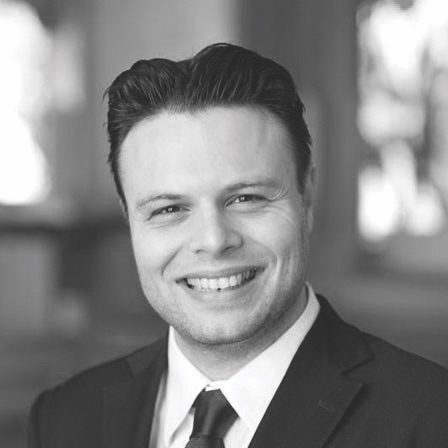























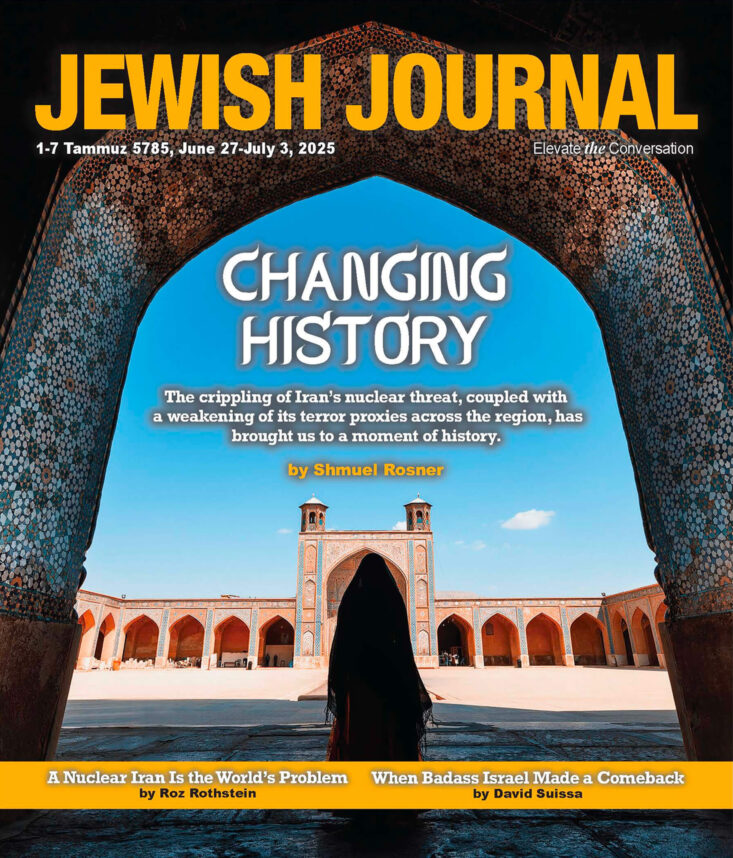



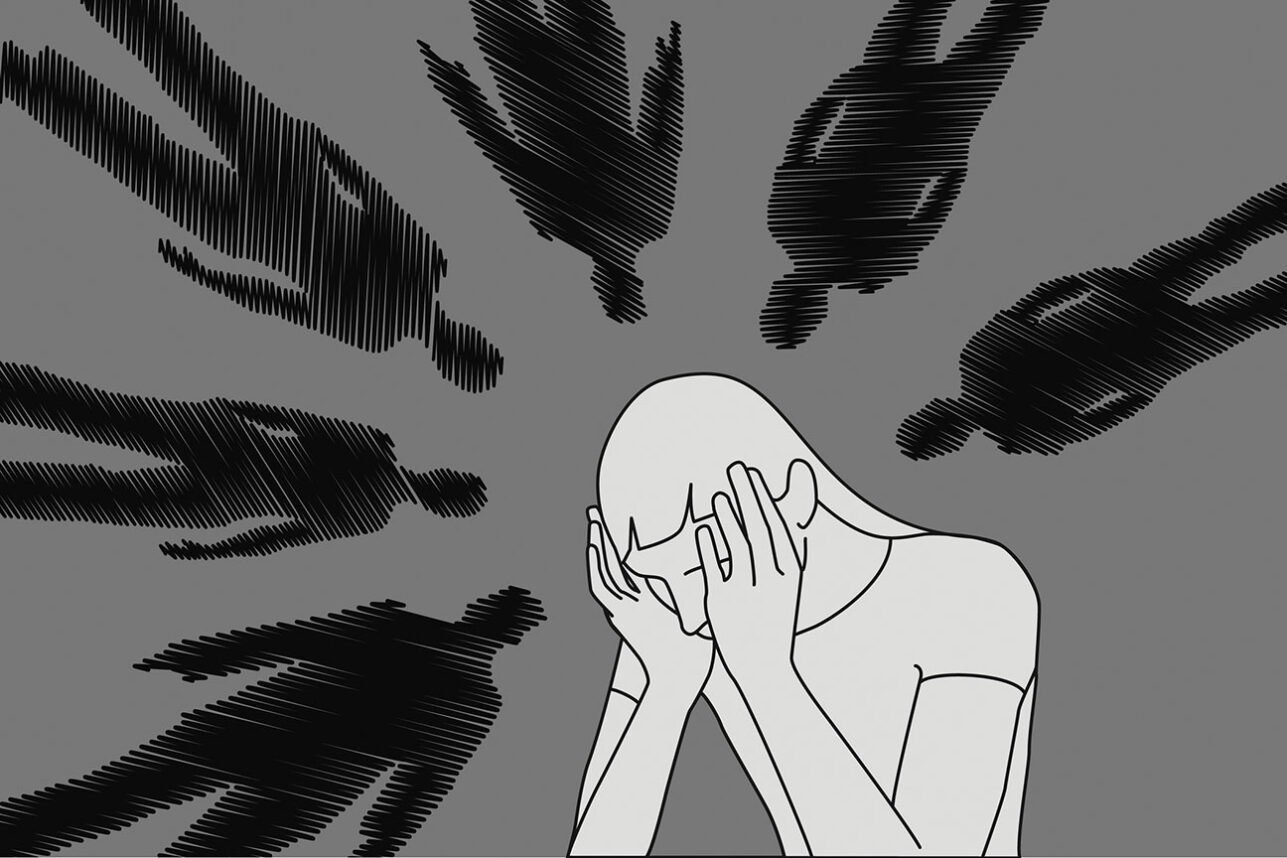
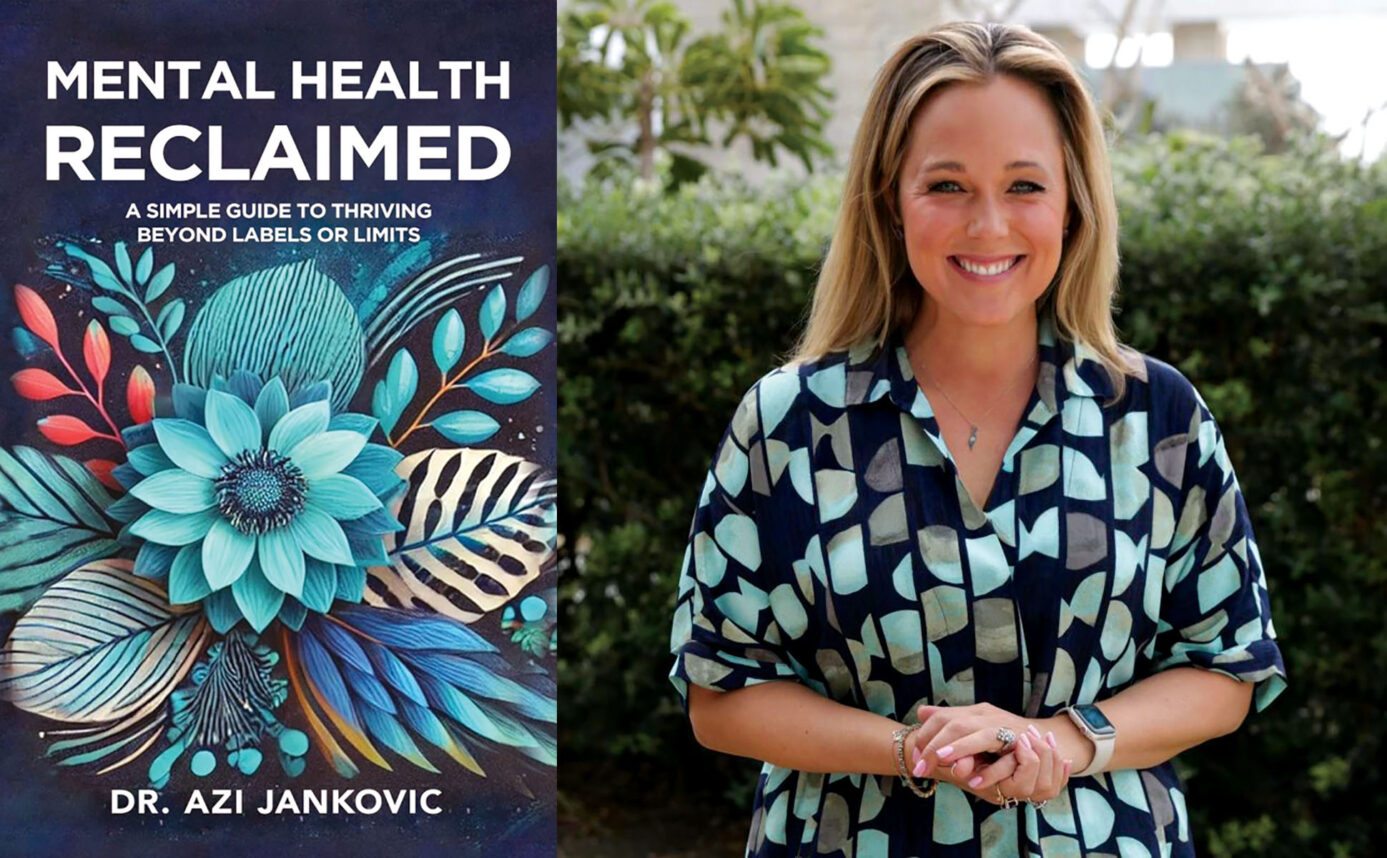
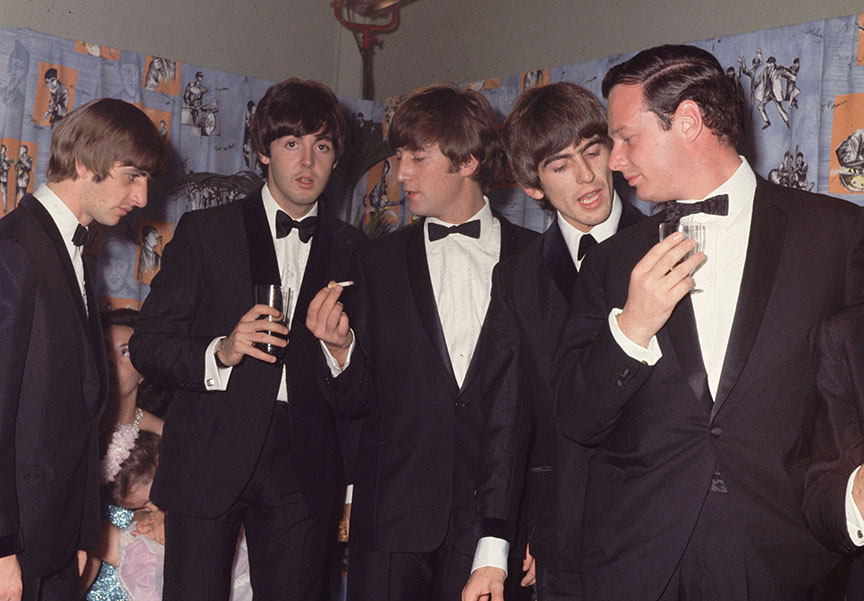



 More news and opinions than at a Shabbat dinner, right in your inbox.
More news and opinions than at a Shabbat dinner, right in your inbox.